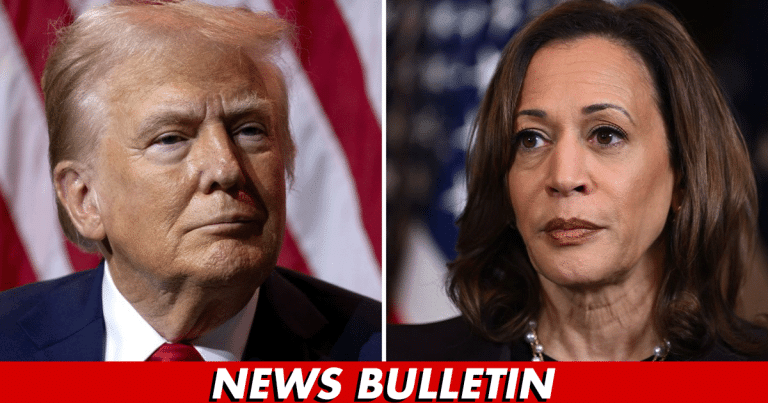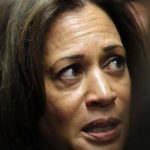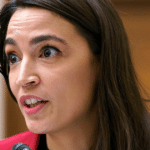
As the 2024 election cycle heats up, there’s an undeniable undercurrent of skepticism swirling around the polling industry. Many Americans are questioning the validity of the data they’re being fed, and for good reason. Polling has had a rocky track record recently, with several high-profile misses that have left voters wondering if they can trust the numbers being reported.
Since becoming the Democratic standard-bearer, Kamala Harris has seen a noticeable surge in the polls. This rapid shift in her position has left some industry analysts scratching their heads. Consider how she suffered previously low approval ratings and lackluster performance in the 2020 primaries. She struggled to break 3% before bowing out. Now, reports are coming out that expose what pollsters are doing.
From Just the News:
Those surveys, however, have attracted scrutiny from an array of pollsters either due to their lack of transparency about the sampling methodology or from oversampling Democrats.“So what they’re doing is they’re polling fewer Republicans. They’re polling a disproportionate number of Biden 2020 voters in these states that were dead even,” pollster John McLaughlin said this week on the “Just the News, No Noise” television show…
“… So what they’re doing is they’re trying to pump Harris up. They’re trying to suppress our vote.”
Questionable Methodologies?
Before Harris became the Democratic nominee, she was trailing former President Donald Trump in many head-to-head matchups. But in a matter of weeks, new surveys started showing her in the lead. This swift reversal has raised eyebrows, with critics pointing to a lack of transparency in the sampling methodologies or accusations of oversampling Democrats.
Pollster John McLaughlin recently weighed in on the matter, stating, “So what they’re doing is they’re polling fewer Republicans. They’re polling a disproportionate number of Biden 2020 voters in these states that were dead even.” He continued, “They’re trying to suppress our vote. They’re saying the Biden 2020 voters should be four or five points higher. It’s ridiculous. So what they’re doing is they’re trying to pump Harris up. They’re trying to suppress our vote. And this is, you know, there’s smart people doing this, so I think it’s intentional.”
The “Harris Honeymoon”
Following her ascension as the Democratic nominee, Trump pollster Tony Fabrizio predicted a “Harris Honeymoon” – a period where the vice president would see a surge in the polls due to favorable media coverage. Fabrizio anticipated that this surge would be temporary, and largely reflective of the media’s positive spin rather than any substantive shift in voter sentiment.
Pollster Scott Rasmussen echoed these sentiments, calling the polling boost a “sugar high.” He noted that while Harris may be enjoying a temporary bump, voters remain largely uninformed about her positions on key issues. Rasmussen suggested that as voters become more aware of her stances, particularly on contentious issues like biological males competing in women’s sports, her support might wane.
A Closer Look at the Numbers
The reliability of polls hinges on the characteristics of the survey group – specifically, how closely they mirror the broader population. Recent surveys have come under fire for underrepresenting Republicans, potentially skewing the results in Harris’s favor. McLaughlin highlighted this issue, pointing to a recent New York Times/Siena poll that underrepresented Republicans in several key states, including Georgia, North Carolina, Michigan, and Wisconsin.
Despite Harris’s lead in national polls, the state-by-state breakdown still shows Trump with a potential advantage in the Electoral College – the ultimate decider in U.S. presidential elections. RealClearPolitics currently projects Trump to win 287 electoral votes to Harris’s 251, with the former president leading in several key battleground states.
Key Takeaways:
- Mistrust in polling data is growing among Americans, particularly with rapid shifts in favor of Kamala Harris.
- Critics point to questionable sampling methodologies, suggesting potential biases in recent polls.
- Despite Harris’s lead in national polls, state-level data still suggests Trump could win the Electoral College.
Source: Just The News


